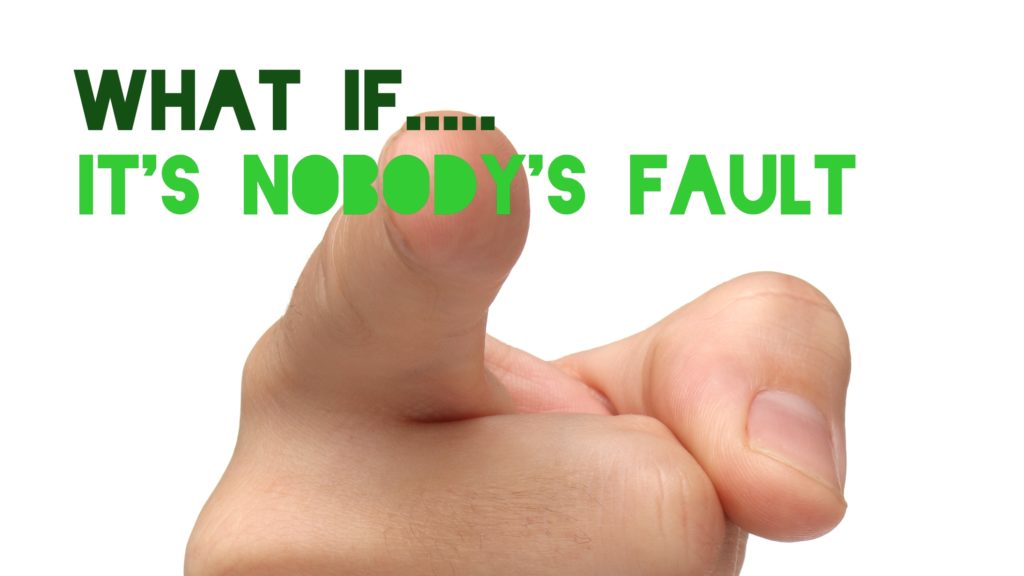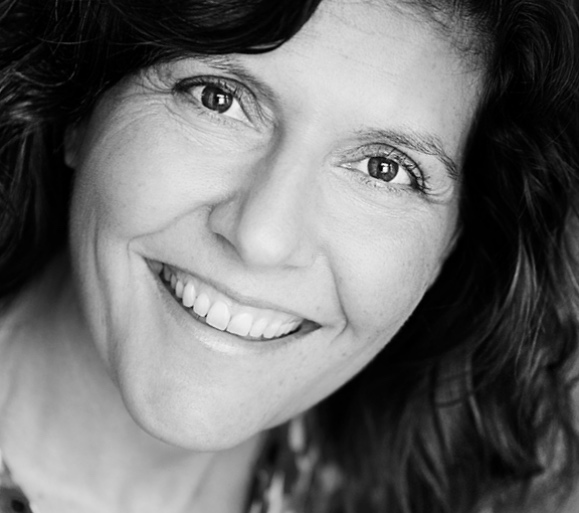
Something has gone wrong and you feel terrible… It happens all the time and for many of us, the next step is to start finding out where the guilt has to go: Who or what is to blame? Is it my leader, my colleague, my parents, my health or the weather? And you might even have long conversations with yourself and others trying to figure out whose fault it is.
We often play this blame game if the things we meet on our way are too painful to carry alone. It must be something or somebody else’s fault. But the problem with this is that if every challenge you meet is somebody else’s fault, it also means that you are in no position to have an effect on big parts of your life. It will leave you paralyzed and put you in a position of being a victim, which is the worst place to be if you want to feel powerful and free in life.
When you get this strange feeling of being powerless and not being able to create a way forward, you know that you have placed yourself in this victimhood. Furthermore, blaming other people or circumstances very seldom solves the issue at hand, because the only place you can do something effectively is in your own life. We cannot base our life on other people complying with our needs and wants; that is a wildcard because they have their own journey. And even if you succeed in getting somebody else to take the blame, it will not necessarily make you feel significantly better.
Another strategy that some people chose is to blame themselves. It must have been something I did or said… Or even worse – there must be something wrong with me. It is fine to say I am sorry if you hurt something or someone, but blaming yourself as a strategy doesn’t work. You did your absolute best at the given point in time and putting yourself down will only limit the amount of options and solutions you can see going forward.
So, then what?
What happened is a fact and it usually takes many factors to make things go wrong. The only focus that is fruitful is on what the learning is for YOU and how you can move forward in a caring way for both you and the other parties involved.
If you choose this strategy you can turn any troublesome times in your life to significant learnings, and each and every thing that you meet on your journey in life can be an experiment in how you unfold yourself and gain experience instead of frustration, victimhood and ultimately bitterness.
How to stop looking for whose fault it is:
When something uncomfortable or negative happens –
- Start by reminding yourself of your good intentions and those of all who are involved.
- Give yourself some self-care until your worst emotional reaction has subsided. Breathe and if necessary take a timeout and give room for the fear, anxiety, and/or grief that is in your body.
- Then ask yourself – What is the possible learning for me?
- Finally, ask yourself – How can I move forward in a caring way for all parties, myself included?


